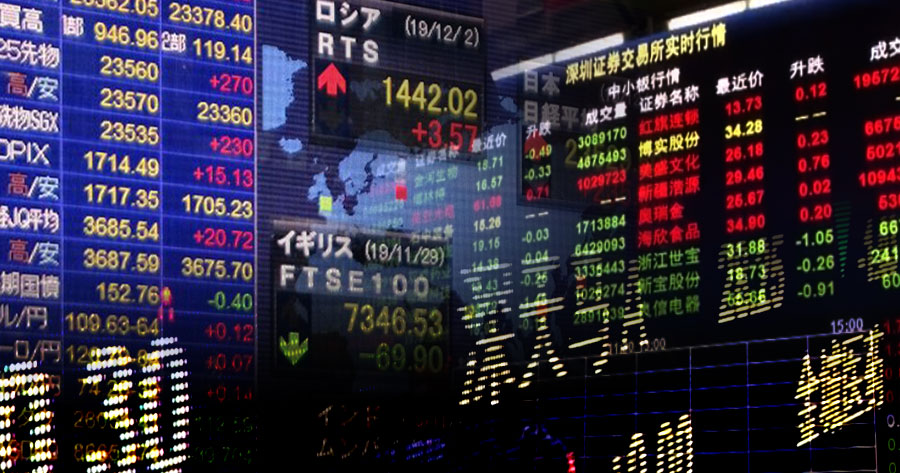Asian equities remained largely in red ahead of U.S. inflation data which could incentives even more aggressive move by the U.S. Federal Reserve.
Equites in Mainland China climbed as much as 2% underscoring its biggest gain in two weeks while Hong Kong’s Heng Seng Index closed as much as 1.5% as foreign buys advanced the most in a month. Investors are betting on policy markers to step up policy measures to support the economy as well as virus curbs to be eased.
Shares in South Korea and Thailand closed marginally down while Japan closed above 1%.
Chinese stocks have been under intense pressure recently, as the nation’s worsening Covid outbreak and regulatory uncertainties made the market lose momentum after a brief mid-March rally.
Investors are betting that Chinese authors will step up with measures to support the economy. Investor confidence have also intensified after Premier Li Keqiang issued third warning on economic growth in less than a week.
The China Securities Regulatory Commission (CSRC) encouraging long-term investors as well as major shareholders of listed firms – to buy more equities and increase their holdings respectively when equities slump, in an attempt to stabilize stock market.
The securities watchdog in a statement said government will also facilitate corporate financing in COVID-hit areas and urged state shareholders of listed firms to actively buy undervalued stocks. It also vowed that authorities will take steps to stabilize expectations of listed companies and investors.
Wholesale inflation in Japan stayed remained near record-high level in March amid crisis in Ukraine and a weak yen lead to furry of fuel and raw material costs.
U.S 10-year benchmark rose to 2.8017% while two-year yields touched 2.5242%.
U.S. consumer price index data is expected to be announced on Tuesday which is expected to at 8.4% year-over-year according to Reuters forecast.
Crude oil gained as Shanghai eased lockdown measures and OPEC signaling tighter supply stating it would be impossible to replace Russian oil and other liquids.
The Organization of the Petroleum Exporting Countries (OPEC) said that some 7 million barrels per day of Russian oil and other liquids exports could be lost due to sanctions or voluntary actions, and that it would be impossible to replace those volumes.
The U.S. West Texas Intermediate futures rose around 3.85% to trade above $97 a barrel while the Brent is also touched above 4.24% trading over $102 a barrel.





